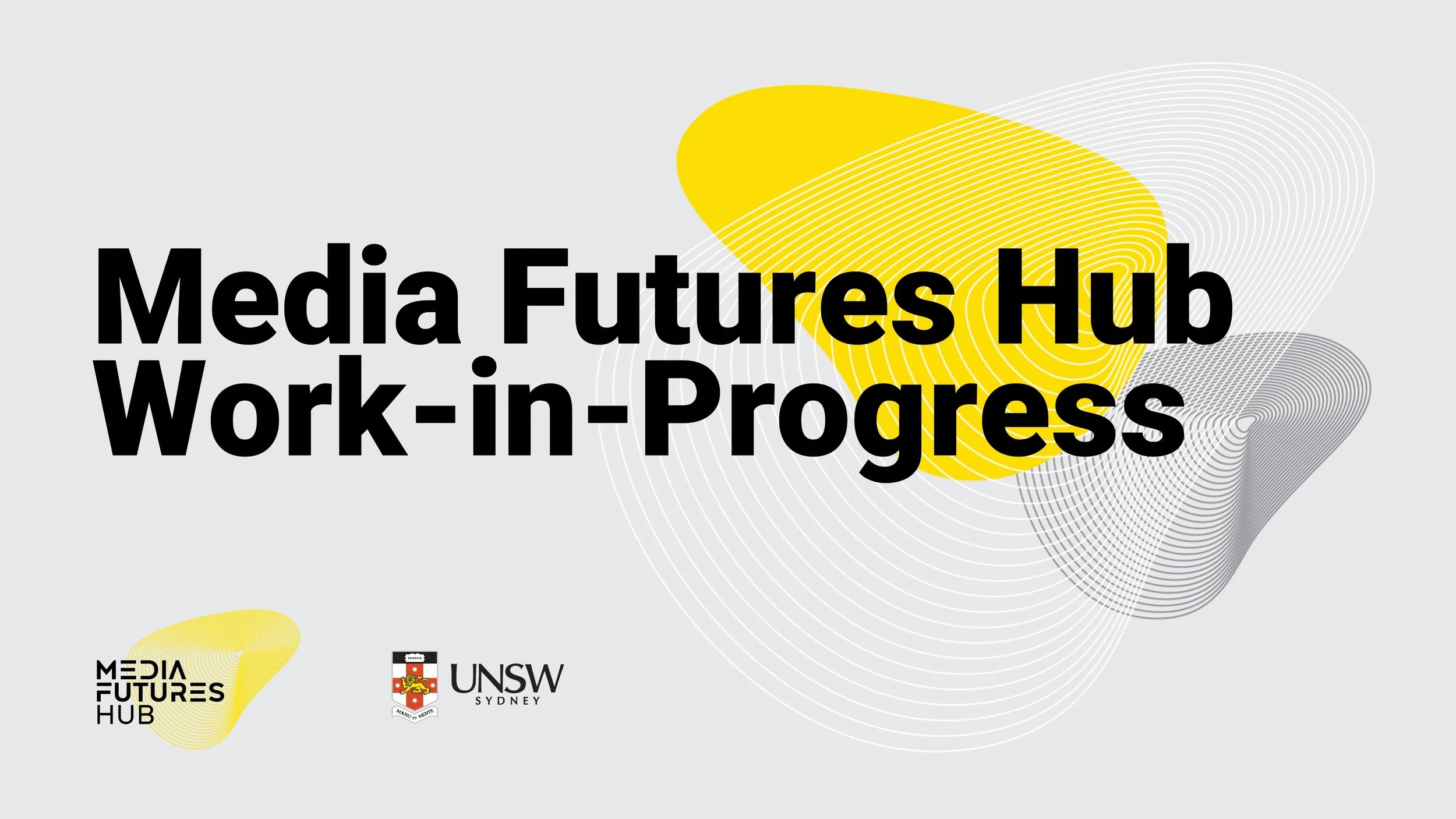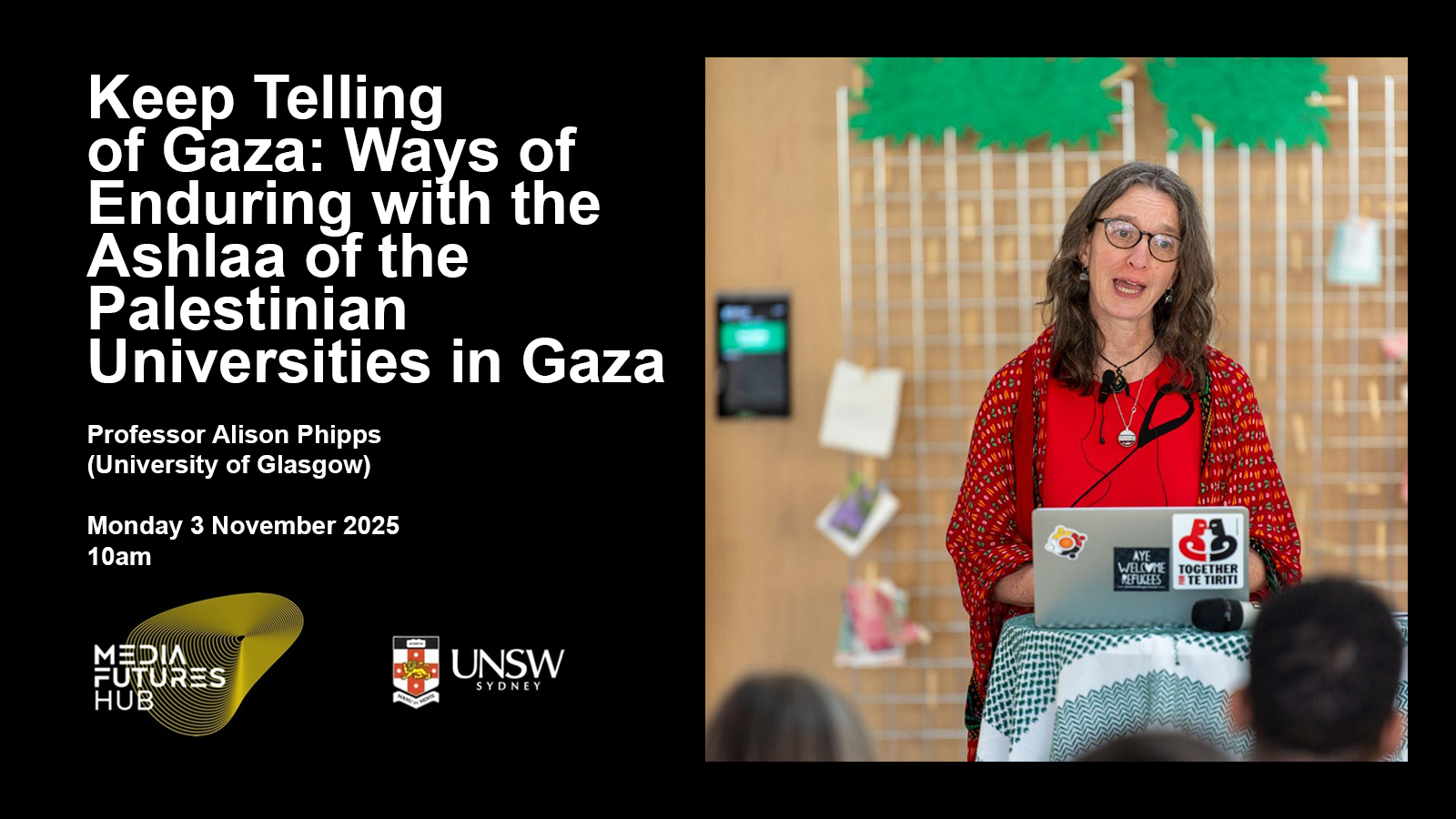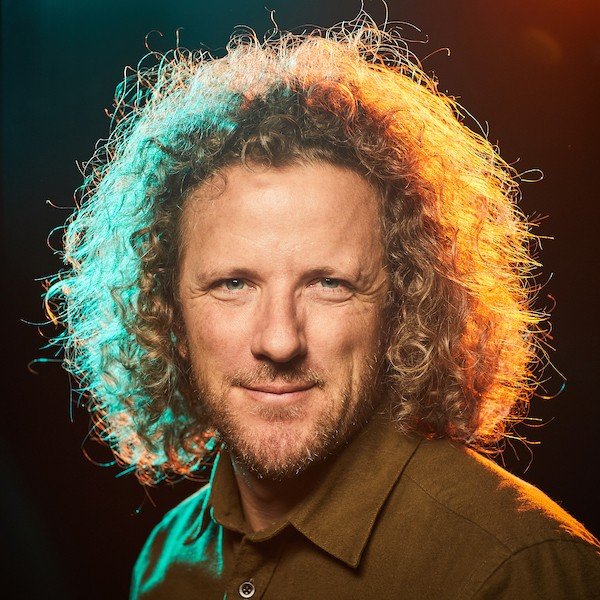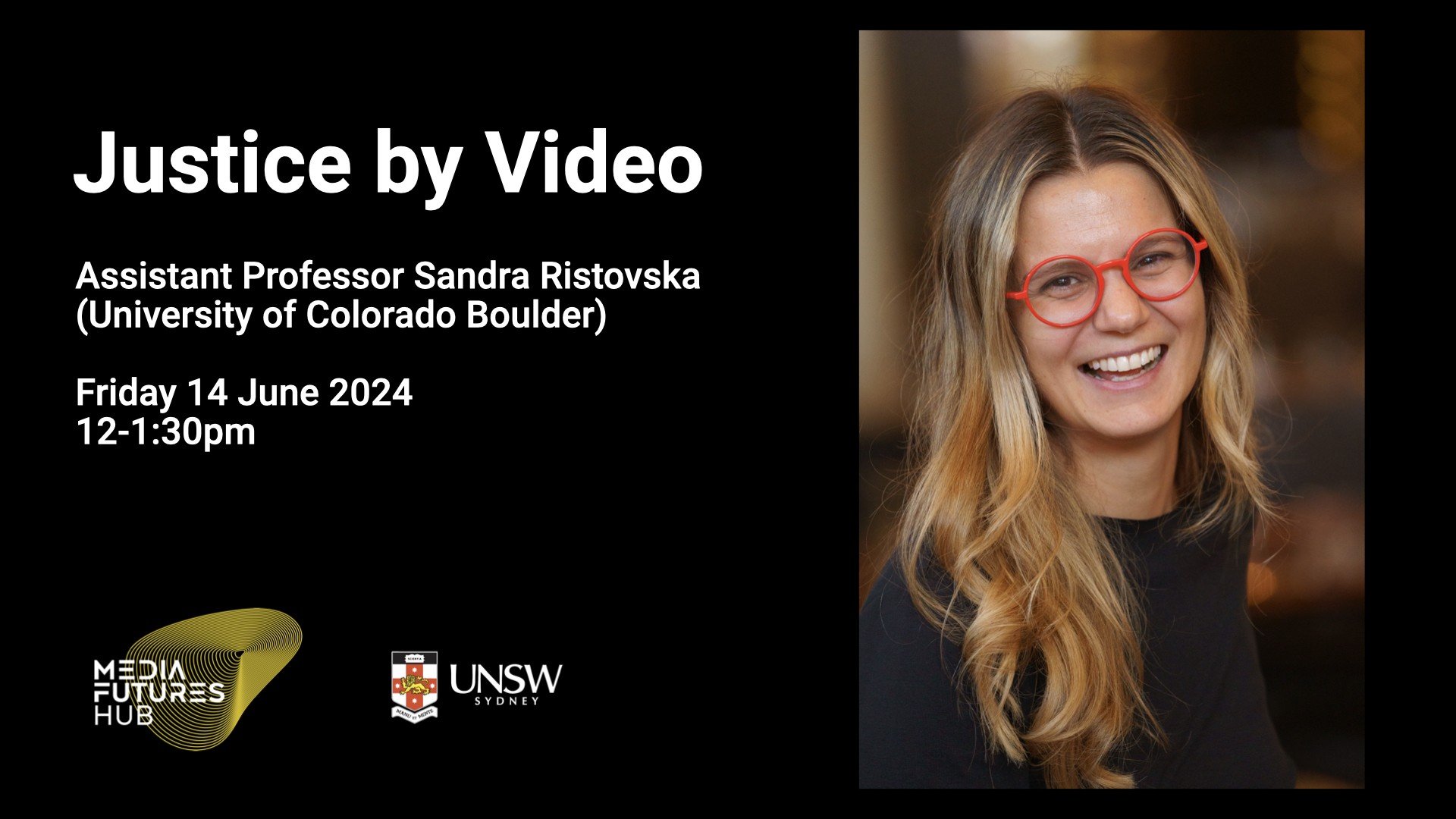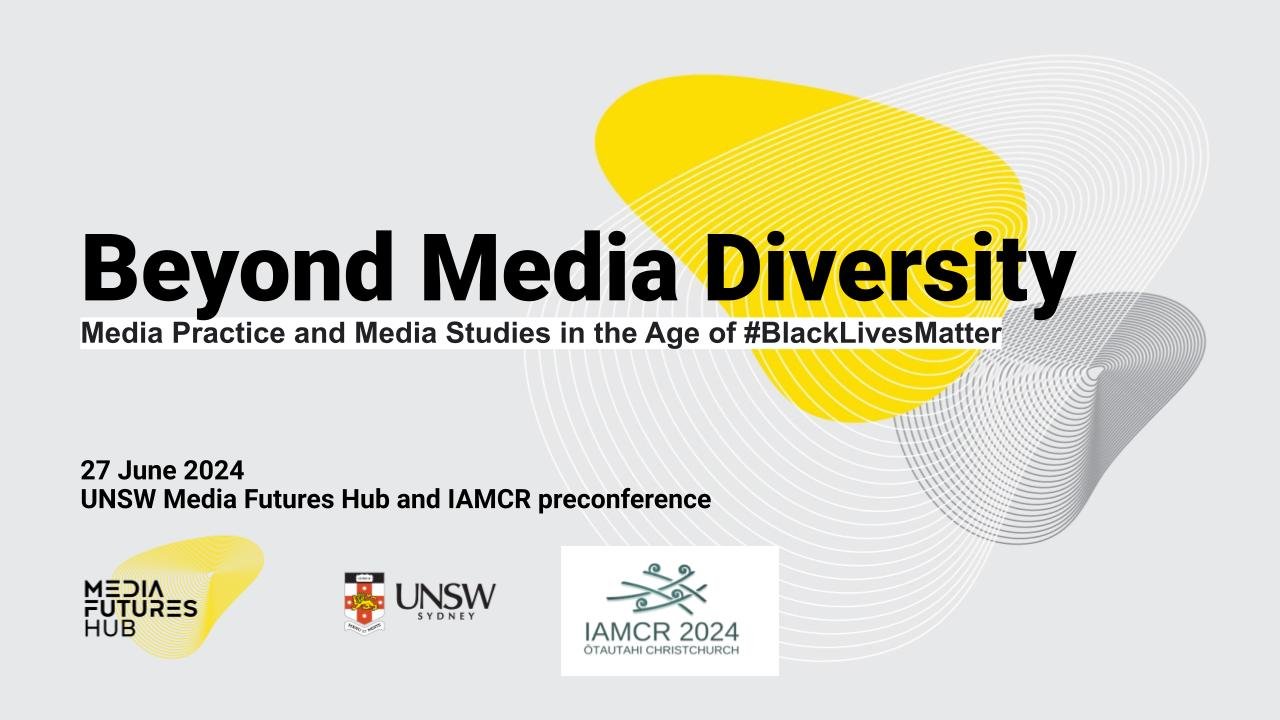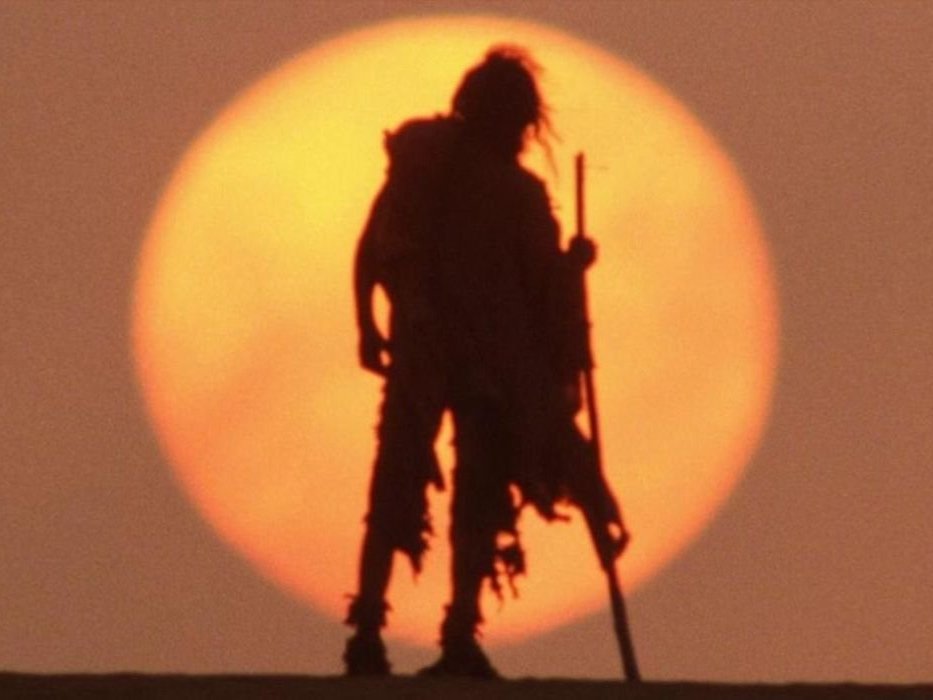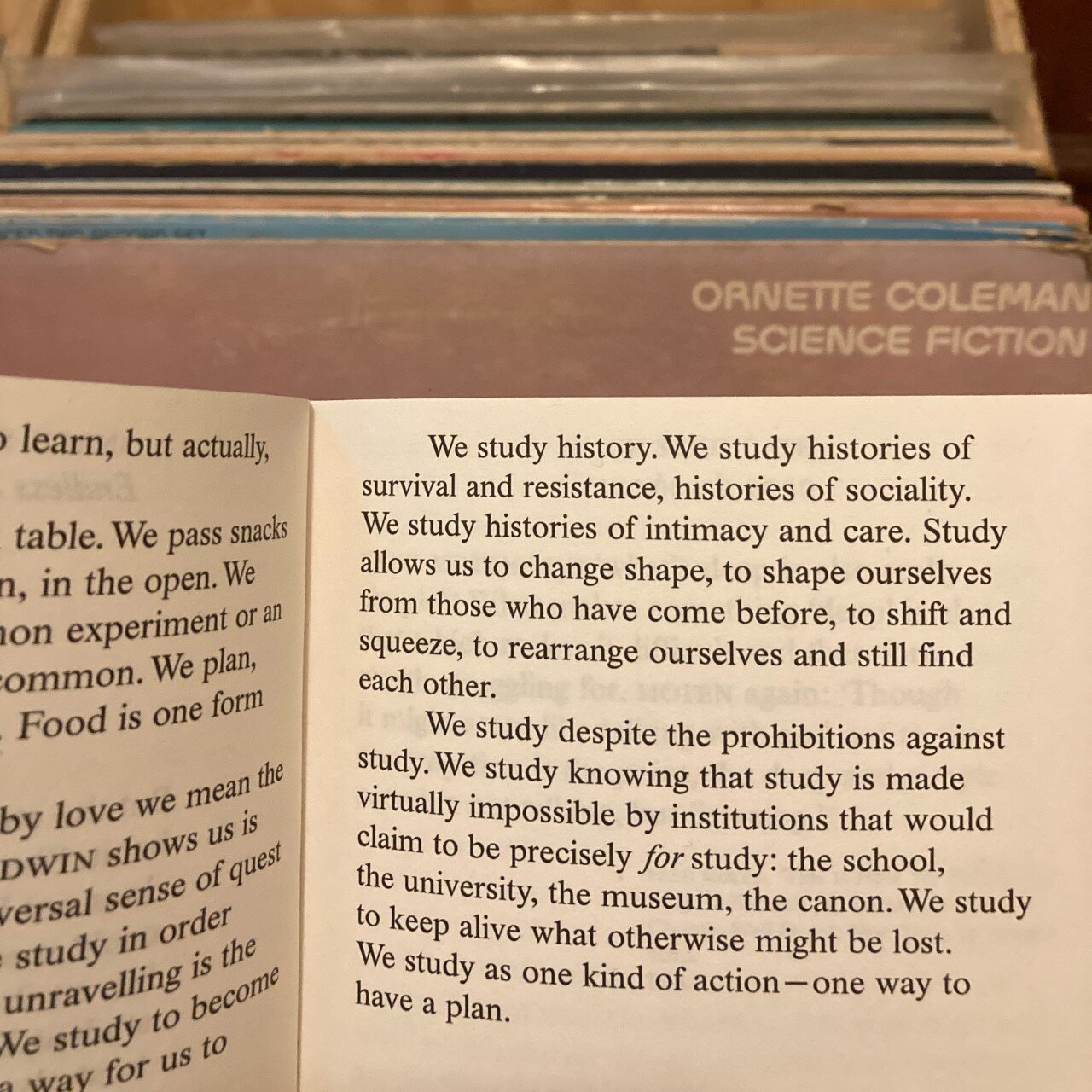Date and time - 27 June 2024 | 09h00 - 17h00
Location - University of New South Wales, Kensington Campus, Sydney, Australia
An IAMCR pre-conference and ‘bridge’ event between ICA 2024 and IAMCR 2024
https://iamcr.org/christchurch2024/beyond-media-diversity-conf
Organisers - A/Prof Tanja Dreher, University of New South Wales and A/Prof Sukhmani Khorana,
University of New South Wales
View the program here
SPEAKERS: This full day symposium will feature presentations and provocations by invited speakers, including: Tito Ambyo (RMIT), A/Prof Debbie Bargallie (Griffith), Prof Mohan Dutta (Massey, online), Prof Gerard Goggin (WSU), Dr Ashleigh Haw (RMIT), A/Prof Eve Ng (Ohio, online), Prof Sandy O’Sullivan (Macquarie), Prof Anamik Saha (Leeds, online), Dr Victor Zhuang (Nanyang).
Recent years have seen various and continuing ‘media reckonings’ on racism and diversity. The resurgence of #BlackLivesMatter protests across the globe in 2020 brought renewed attention to media racism in Australia and across the Global North. In the midst of the unprecedented violence in Gaza in 2024, concerns around mainstream media racism and cultural safety for those reporting, advocating or speaking out have only amplified manifold. Given the current conjuncture, this symposium aims to move beyond timid framings of diversity that have not worked for media practitioners or scholars, and therefore calls for ‘divesting from diversity’.
Prior to this, resurgent Sinophobia and anti-Asian racism in the context of the global COVID-19 pandemic and entrenched and violent Islamophobia highlighted by the 2019 massacre in Christchurch, Aotearoa/New Zealand, also heightened ‘media diversity debates’ and calls to decolonise media and/or support media anti-racism (Saha, 2020; Titley, 2019). Meanwhile ongoing international interventions in media scholarship such as #communicationsowhite have demonstrated that concerns around media, racism and diversity are highly relevant within media and communication studies as well as in media institutions (Chakravarty et al 2018, Ng et al 2020).
Despite the upsurge in media diversity debates and initiatives in response to these cultural reckonings, the aim of greater diversity has been premised on limiting assumptions. One of the most oft-used ones is that media and those who work in it must ‘reflect’ the demographics of the changing nation state. The media reckoning prompted by Indigenous media presenter Stan Grant’s resignation from the Australian Broadcasting Corporation in 2023 followed decades of diversity initiatives at the public broadcasters. As Christine Dunbar-Hester argues, ‘“diversity” is a timid framing. What would change if the conversation was directed towards justice instead? Much is at stake here and “diversity” offers too little’ (2021).
This pre-conference event takes a transnational approach to framing diversity debates in the media, how these are limiting (and limited), and what decolonial and anti-colonial alternatives could look like. How might we divest from the diversity paradigm, and what might take its place? Where are alternatives to be found, and/or how might they be built? Who is doing the work and what solidarities might be needed? The event thus speaks directly to the IAMCR2024 General theme: ‘Whiria te tāngata / Weaving people together: Communicative projects of decolonising, engaging, and listening’.
Location: The preconference will be held at the Kensington campus of the University of New South Wales (UNSW) in Sydney, Australia. The Kensington campus is well connected to Sydney Central station (15 mins by Light Rail) and to Sydney airport (a gateway airport for IAMCR 2024 and ICA 2024). There are many affordable accommodation options nearby.
Media Futures Hub (https://mediafutureshub.org/) is a collection of scholars at UNSW researching justice, media and emerging technologies. We explore topics such as community and First Nations media, drones and autonomous systems, data justice, listening across difference, everyday uses of media technology, and new research methods. Our research is interventionist, innovative and fearless. Our aim is not only to analyse the world around us, but to help build more just futures.
Tanja Dreher is Associate Professor in Media and a Co-Director of the Media Futures Hub at the University of New South Wales, Sydney, Australia. Sukhmani Khorana is a Scientia Associate Professor in the Faculty of Arts, Design and Architecture, School of the Arts and Media.



